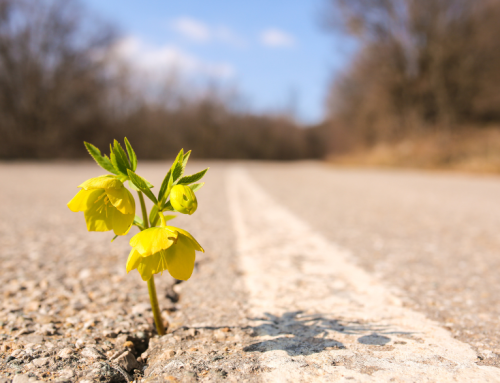
My 17 year old is slowly building up his driving hours while I am learning to live in the discomfort of not being fully in control! Some drives are more memorable than others, and all drives are consistent in that they offer my L plater a window into the delicious taste of freedom, and me a window into his lived reality, as this is the time he tends to be the most talkative.
When we spend time in other peoples’ worlds, be it our teenagers, our friends or our colleagues, we can often see them in a different light. When we activate our curiosity muscle we gain even more understanding. And the three words that bring the most leverage in understanding someone else’s world are ‘I wonder why?’
Asking ‘I wonder why?’ helps you develop a healthy dose of curiosity, can drive you to wonder about the unknown, ask questions that you may never have asked, and discover things about yourself or others that may have remained hidden. I’ve certainly found this as I’ve been relegated to the passenger seat of my own car!
From a workplace perspective, it has been widely acknowledged that curiosity increases engagement and enjoyment of your job, while also creating new ways of thinking, discoveries, and more interactive peer-to-peer observations and learning.
In his recent book The Art of Insubordination, Todd Kashdan points out that greater curiosity can also make people more open to hearing others’ opinions, even if they differ from their own. That’s essential if we want to have productive disagreements and avoid issues like confirmation bias and groupthink, and from a safety perspective, even more so to understand different perceptions of reality and risk.
From a personal perspective, being curious keeps our brains active and engaged, making us more flexible. When we stay curious and connected, we gain vitality and a greater capacity to tolerate anxiety, leading us to feel more satisfied with ‘a life well-lived.’ (Kashdan, 2009)
With curiosity we can approach new experiences, people and events with mindful awareness – the positive and beautiful as well as the challenging and upsetting. In anxious situations it is easy to get overwhelmed by your own internal emotions. If you dial up your curiosity, it allows you to dial down anxiety.

When you make curiosity your operating mindset as a leader, you help create a positive climate because you actively spend time in their world. As uncomfortable as it may feel at times, just like not being the one behind the wheel, it pays dividends in cultivating your awareness and relationships.
Deb is a Senior Consultant who is passionate about Positive Leadership and brings with her a wealth of experience in applying Positive Psychology and the Neuroscience of Leadership to excel in leadership and performance. Book here for a conversation to learn more about our leadership and capability programmes.






